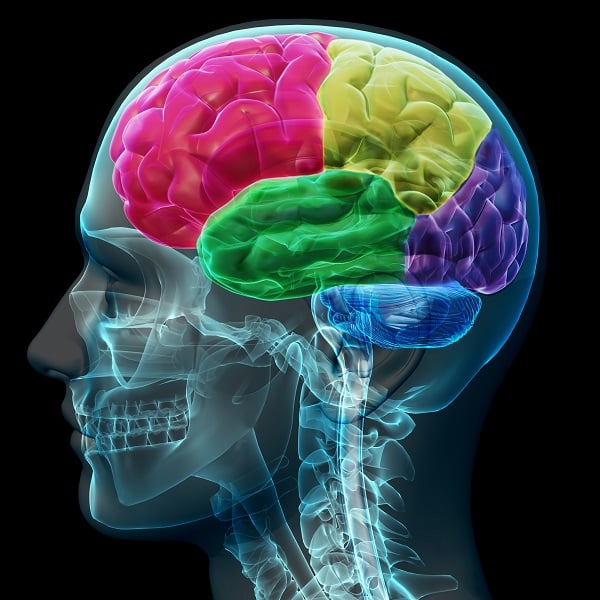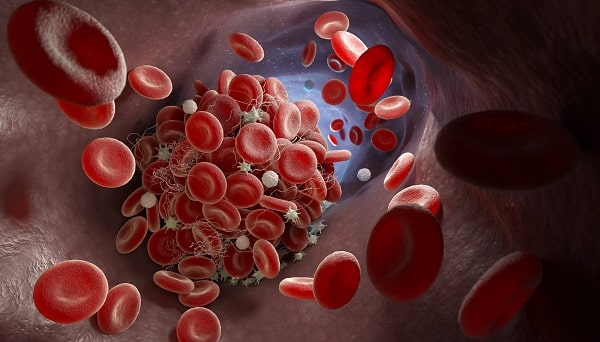The effects of aging on the body are numerous and varied. As you age, your cells divide more slowly, your tissues lose elasticity, and your bones become less dense. This can lead to various health problems, including arthritis, cataracts, heart disease, and osteoporosis. To help you better understand, this article will discuss the many ways aging affects your body. It will also provide tips for keeping your body healthy as you age. That way, you can age gracefully and enjoy your later years.
Understanding The Aging Process
The aging process is often misunderstood. Many think of aging as a negative process where the body breaks down and becomes less functional. However, aging can be a positive thing. With wisdom, many older people enjoy a relaxed lifestyle. They often have more time to spend with family and friends. In addition, people are still active and engaged with the world around them. They may volunteer their time or pursue that tilWhile s certainly part of life, it doesn’t have to be a negative experiadIt an opportunity to enjoy all the best that life has to offer.
Your Cells Divide Slower

As the introduction mentioned, when you get older, your cells divide more slowly. This is because your telomeres (the protective caps on the ends of chromosomes) get shorter each time a cell divides. Eventually, they become so quick that the cell can no longer divide and dies. This gradual loss of cells leads to the aging process. Studies have shown that telomere length is reduced by several factors, including stress, smoking, and lack of exercise. Unfortunately, when this happens, it can lead to several age-related health problems. For example, your skin becomes thinner and less elastic. This can cause wrinkles and sagging skin. In addition, your bones may become weaker and more brittle. This increases the risk of fractures and osteoporosis. To slow this process down, living a healthy lifestyle is essential. That means eating a nutritious diet, exercising regularly, and managing stress.
Nerve Cells Decrease Your Brain

The human brain comprises billions of nerve cells responsible for everything from thinking and feeling to controlling movement. Unfortunately, the number of nerve cells begins to decline with age, leading to a decline in cognitive function. There are several reasons why this happens. First, the brain shrinks in size as you age, which results in fewer nerve cells. Second, the connections between nerve cells weaken, making it harder for information to be transmitted. Finally, the production of new nerve cells slows down, so the brain has less ability to repair itself. All of these factors combine to create a decline in cognitive function. However, there are some things you can do to help offset this decline. For example, keeping your brain active through activities like puzzles and crosswords can help to delay the onset of age-related cognitive decline. So even though your brains may not be as sharp as they once were, there are still ways to keep them healthy and functioning well into your golden years.
Your Blood Vessels Become Stiffer

Another thing that happens in your body when you get older is that your blood vessels become stiffer. This is because the walls of the ship thicken and lose their elasticity. The result is that blood flow is slowed down, and blood pressure increases. This process is called arteriosclerosis, a significant factor in heart disease. Some things can contribute to arteriosclerosis, including genetics, diet, and lifestyle choices. For example, eating a lot of saturated fat can damage the walls of the arteries, making them stiffer. And smoking causes the routes to narrow, which also increases stiffness. So if you want to keep your blood vessels healthy as you age, eating a healthy diet and quitting smoking are essential.
Your Muscles Used For Breathing Weaken

It probably does come as a surprise to hear your muscles inevitably begin to weaken as you age. This process is known as sarcopenia, which can significantly impact your ability to breathe. The primary strength for breathing is the diaphragm, which contracts and relaxes to pull air into and out of the lungs. However, the diaphragm can lose up to 30% of its strength by the time you reach age 70. This loss of power decreases the air your lungs can take in with each breath. In addition, the muscles between your ribs (known as the intercostal muscles) can also become weaker with age. These muscles help to expand and contract your chest, allowing air to flow into and out of your lungs. As these muscles weaken, it becomes more challenging to take deep breaths. The good news is that there are things you can do to slow down the muscle loss associated with aging. Regular exercise, for example, can help keep your muscles strong as you age. So if you want to stay healthy and breathe easy, keep up with your workout routine even as you get older.
Your Body Produces Fewer Hormones

Hormones regulate many bodily functions, including growth, metabolism, and reproduction. The decline in hormone production is a natural part of the aging process. However, it can lead to several changes in the body, such as decreased sex drive, hot flashes, and fatigue. In some cases, the decline in hormone production can also cause mood swings and joint pain. While the decrease in hormone production is an inevitable part of aging, there are ways to help offset the effects. By understanding the changes that occur with age, people can take steps to protect their health and well-being. Exercise and a healthy diet can help increase hormone production while providing other health benefits. Additionally, various treatments are available for conditions caused by a decline in hormone production.
Be Aware Of How Aging Affects Your Body!
Aging is a natural process that happens to everyone. However, there are things you can do to help offset some of the changes that occur in your body as you age. By better understanding some of the major changes that take place, you can take steps to protect your health and well-being. So don’t be afraid to get older – embrace it and take care of yourself along the way! And if you have any questions, be sure to ask your doctor. They can help you understand the changes that occur with age and how to best deal with them.


